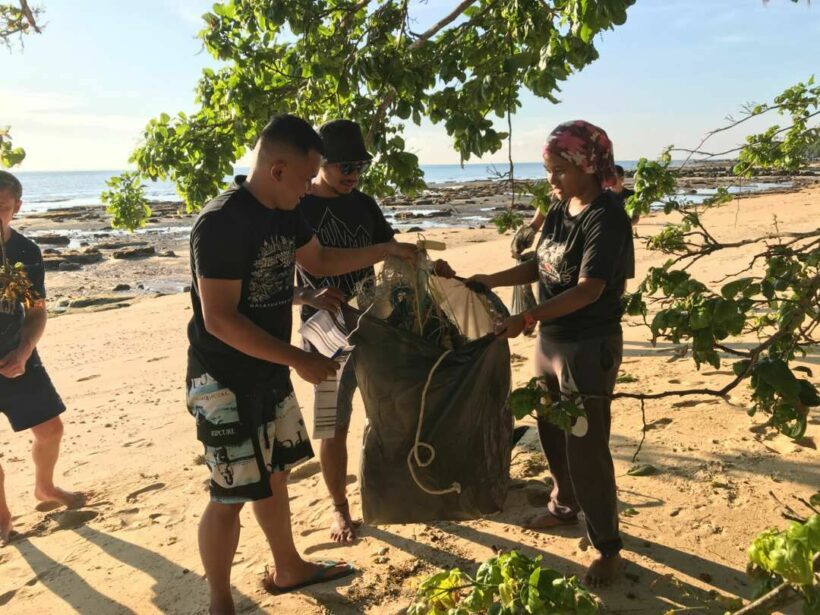Deepavali holidaymakers leave popular Malaysian cities full of rubbish

Popular tourist spots in Malaysia are resembling rubbish dumping grounds as the recent 4 day Deepavali holiday, ended in mounds of litter. The Deepavali, or Diwali, holiday last week saw the Penang Island City council cleaning up an estimated 5,256 tonnes of garbage. Xavier Sebastian, the city council urban services department director, told the Straits Times that the increase was due to the many tourists that swarmed the island during the holiday.
Sebastian told the Straits Times that most of the garbage left behind was that of plastic food containers, newspapers, and water bottles.
The city council extended its working hours and used “pickers” 3 times a day and at night during the public holiday. But, he says in addition to holding education and awareness programmes surrounding the impact of such rubbish on the environment, the government won’t hesitate to issue compound notices to those caught littering.
Such education programmes include using social media to make people aware of littering, with the hope that people would put rubbish in the proper bins. Now, he says despite the increase in rubbish over the recent holiday, he hopes Christmas and New Year’s festivities will be more free from pollution.
Deepavali, or Diwali, is an annual holiday that is celebrated in Malaysia and other countries that feature ethnic Indian populations. Known as the Festival of Lights, it is one of the major holidays celebrated by Hindus, Jains, Sikhs and some Buddhists, notably Newar Buddhists. The festival usually lasts 5 days and is celebrated during the Hindu lunisolar month Kartika, which is between mid-October and mid-November. As it is one of the most popular Hindu festivals, Deepavali symbolises the spiritual “victory of light over darkness, good over evil, and knowledge over ignorance. ” The festival is also widely associated with Lakshmi, the goddess of prosperity.
In Thailand, the celebration of the day King Rama returned to his kingdom of Ayutthaya with his wife and brother after defeating King Ravana in Lanka and serving 14 years in exile.
This year, it was celebrated on November 4, with many Indians in Malaysia saying they felt a sense of normalcy after the country went through many intermittent lockdowns due to the Covid-19 pandemic. More than 2 million Malaysian Indians took part in the Festival of Lights, which was the first major celebration since domestic travel restrictions were lifted. Relatives were now able to return home and celebrate the holiday with their loved ones, while being able to shop and eat to their content.
SOURCE: Straits Times
Latest Thailand News
Follow The Thaiger on Google News:


























